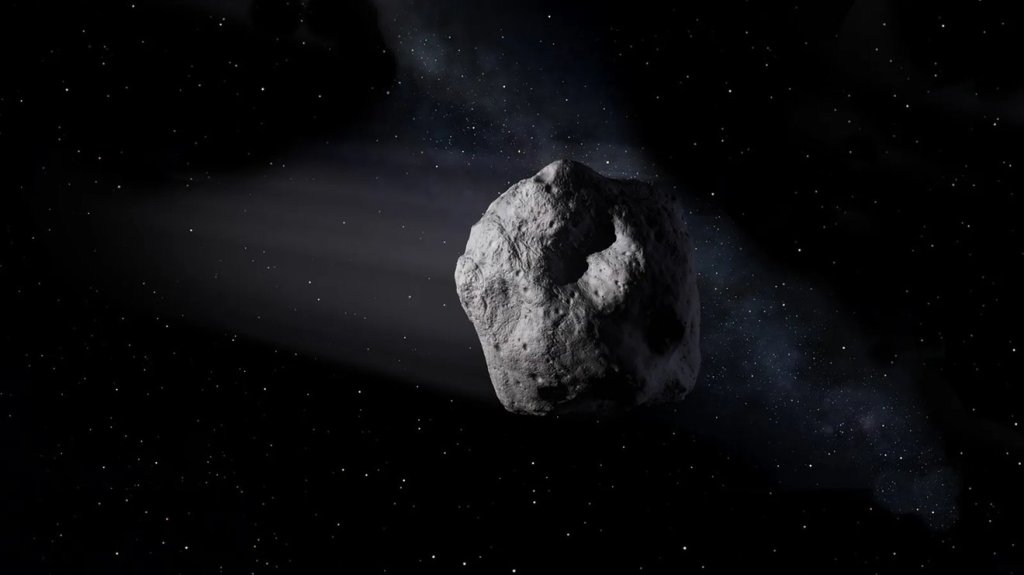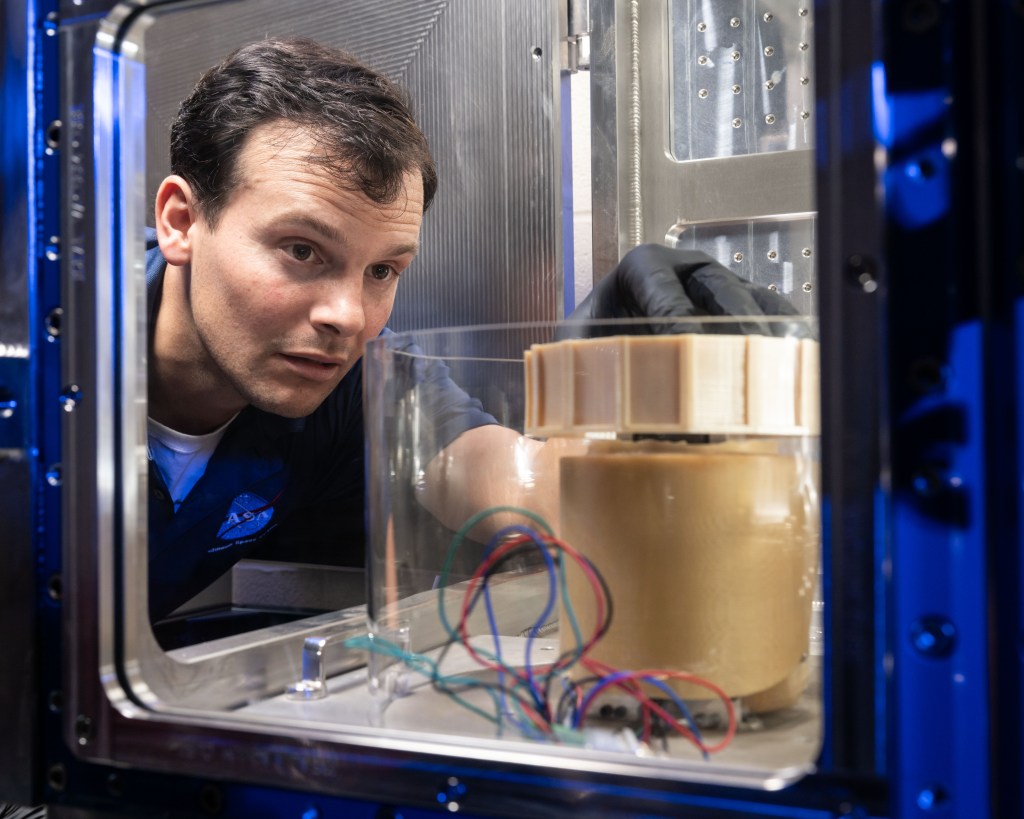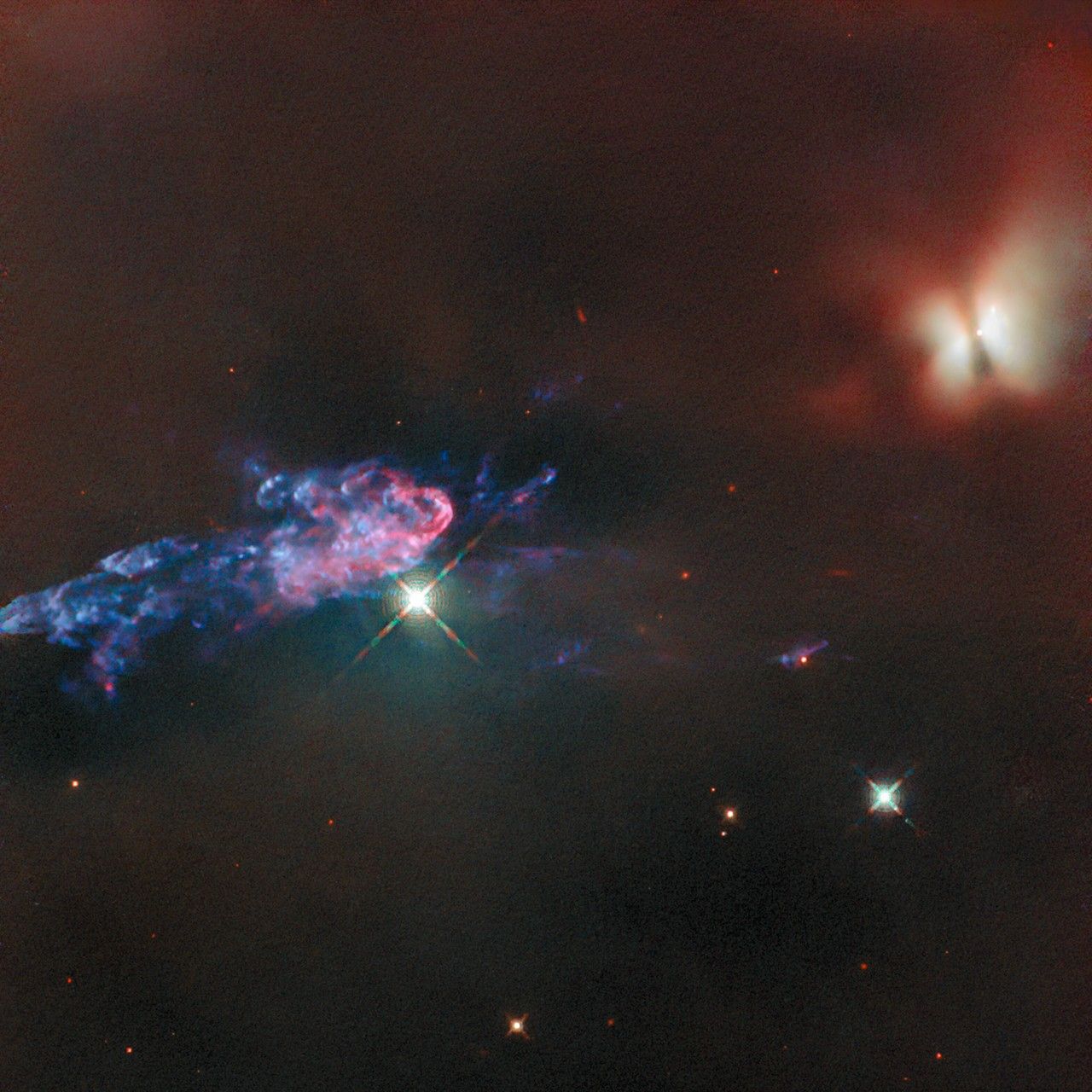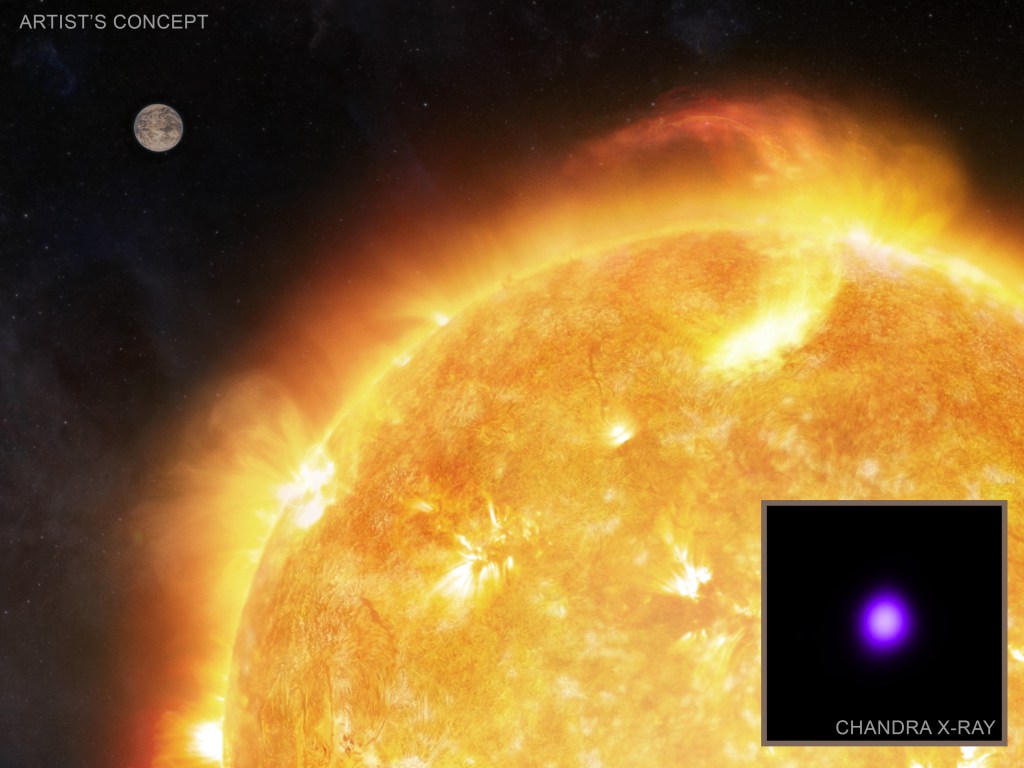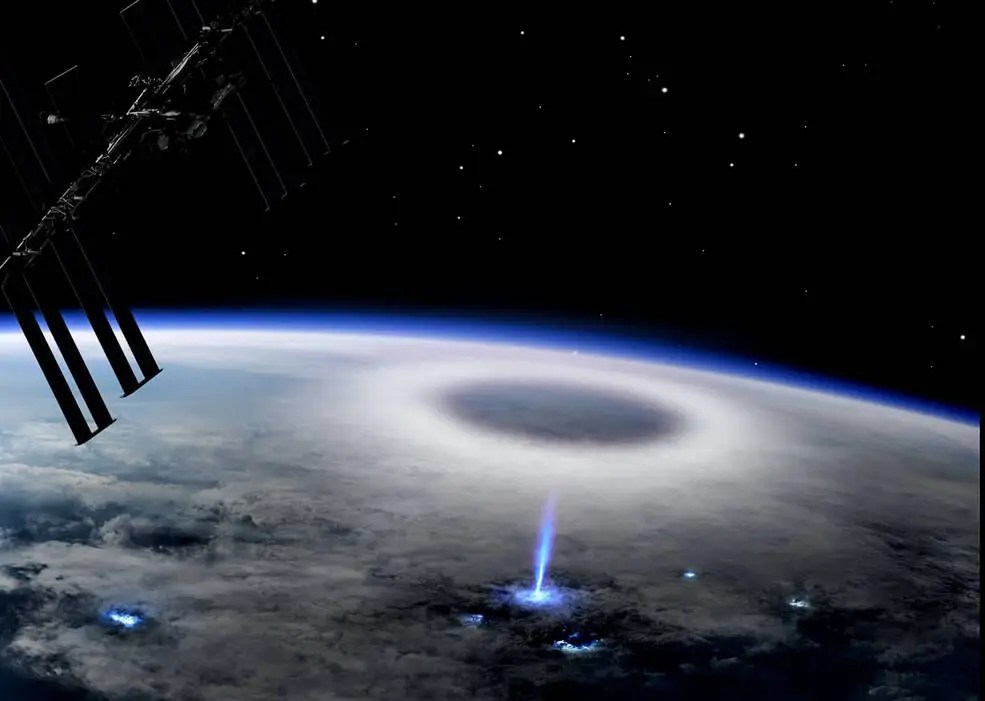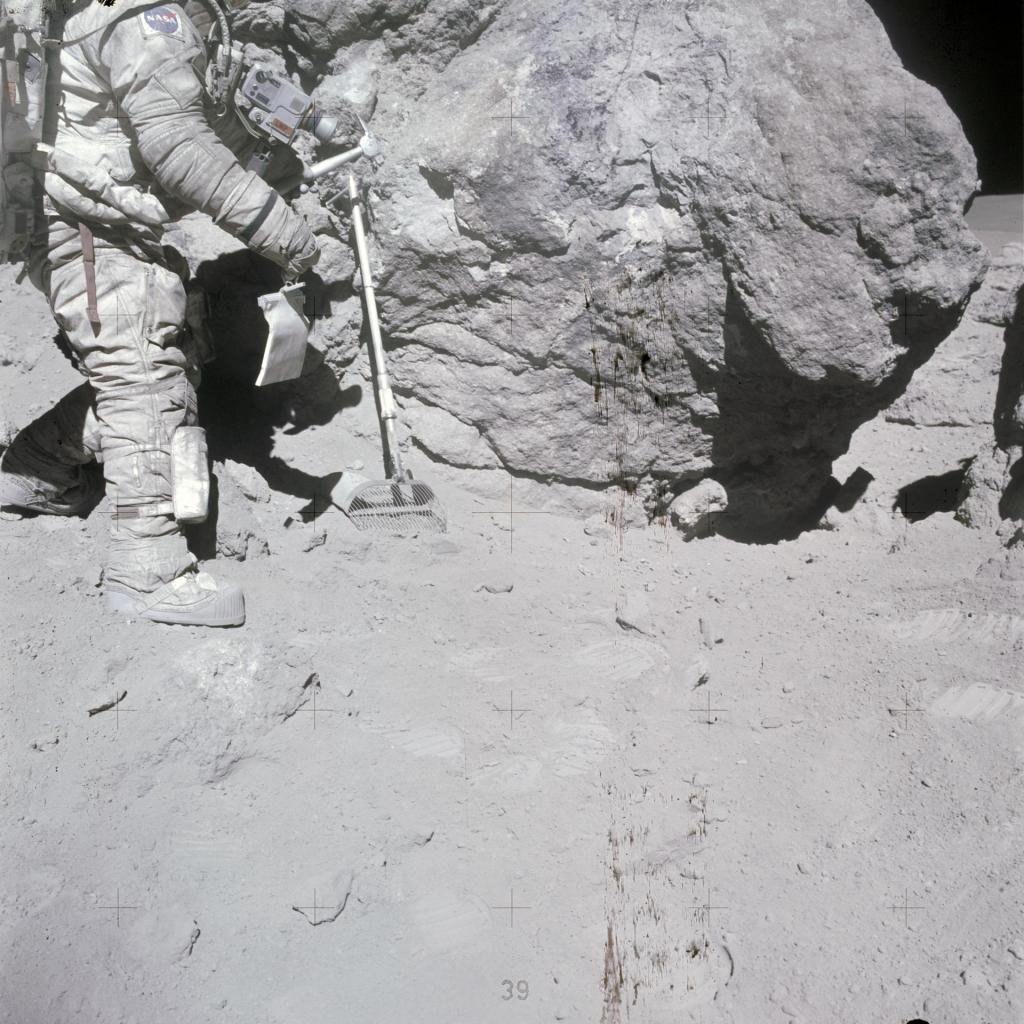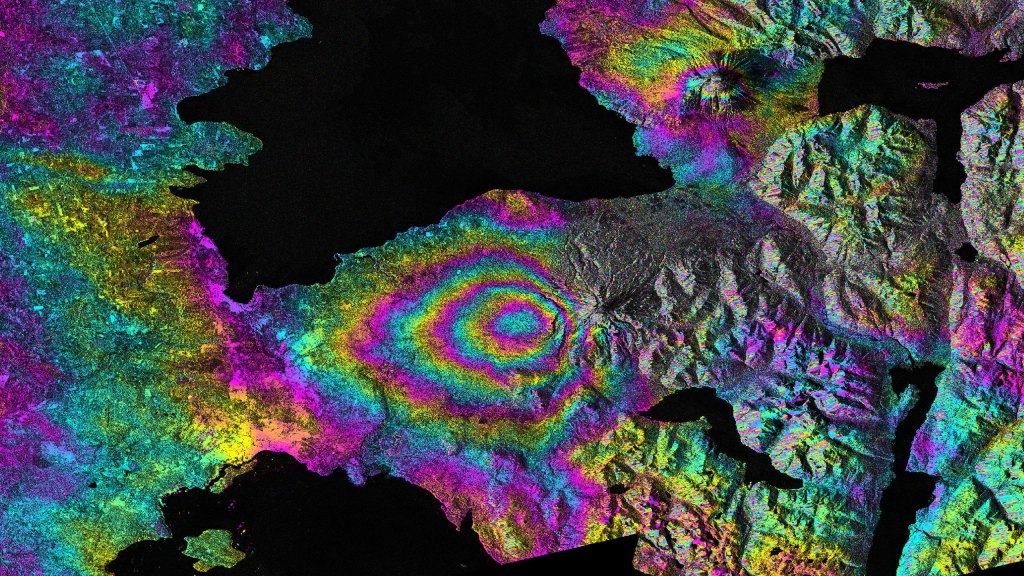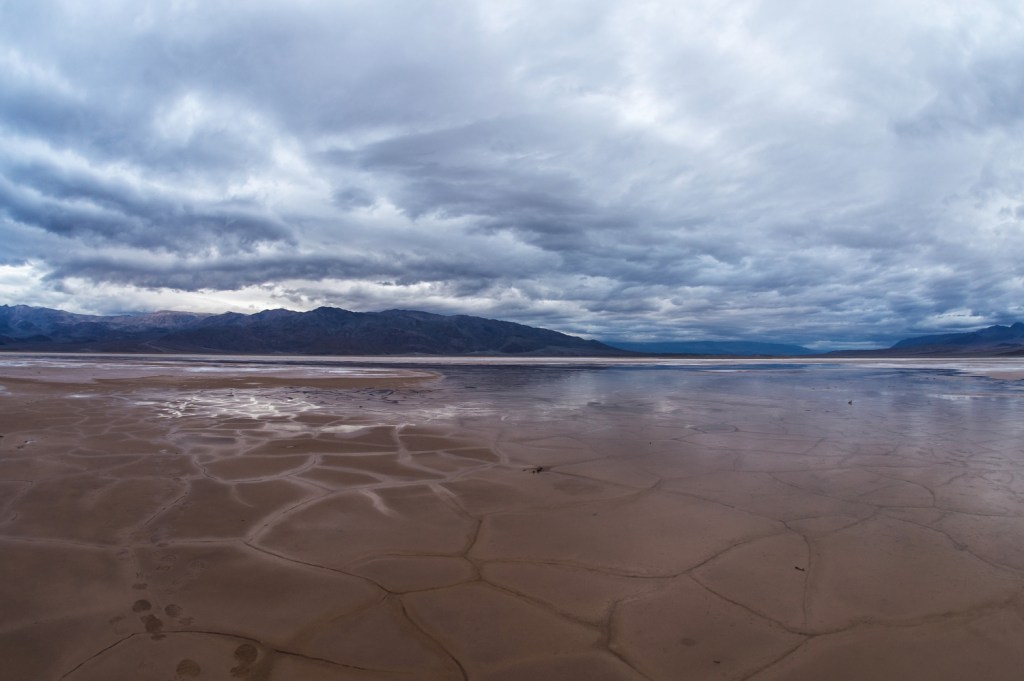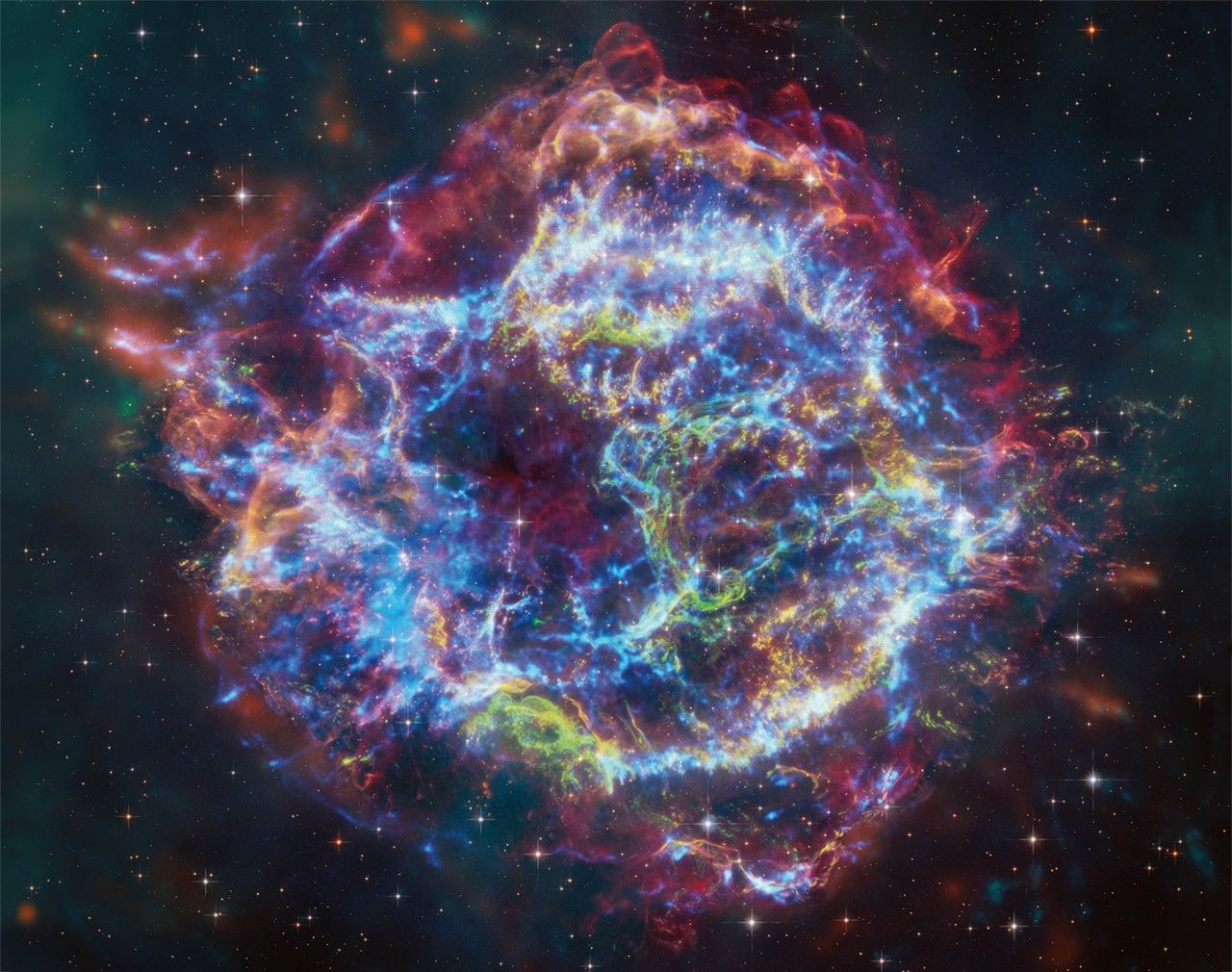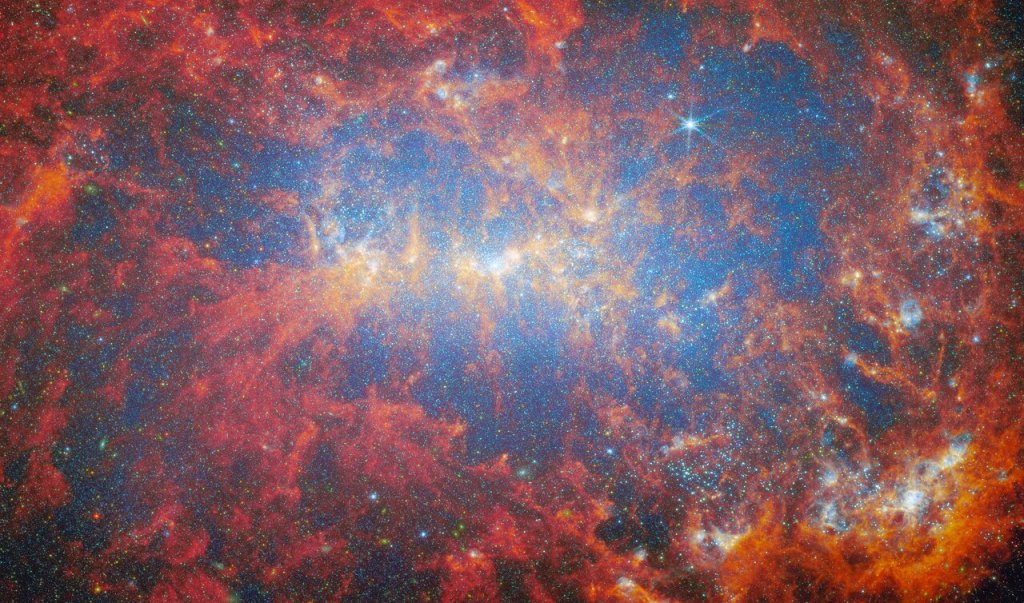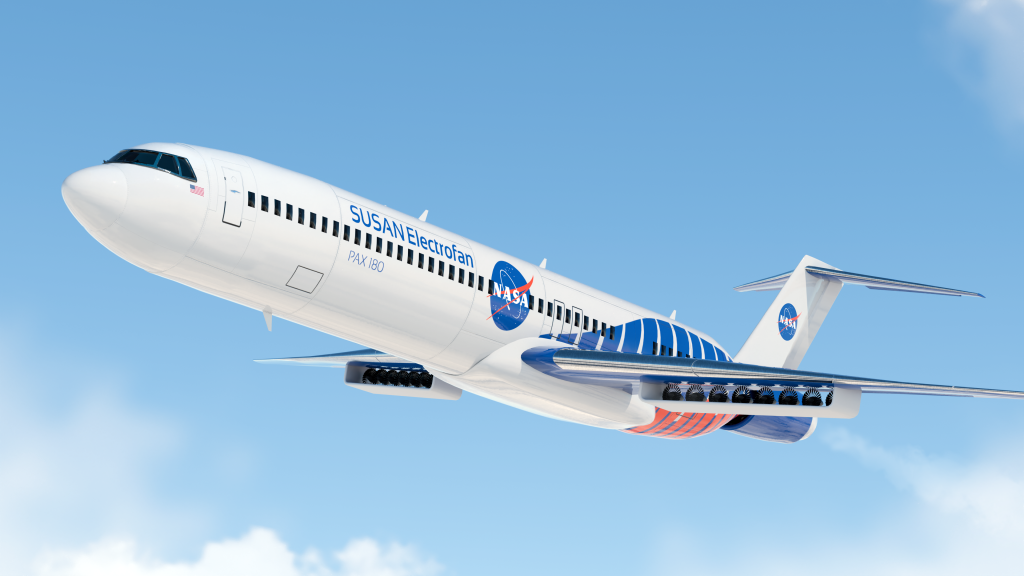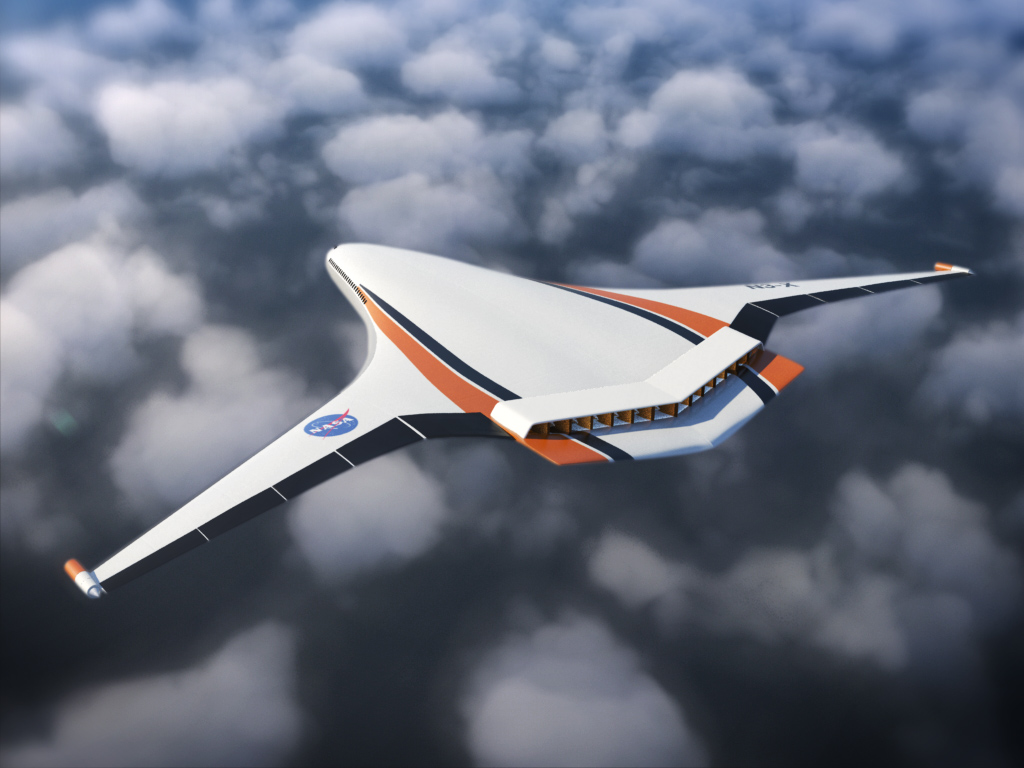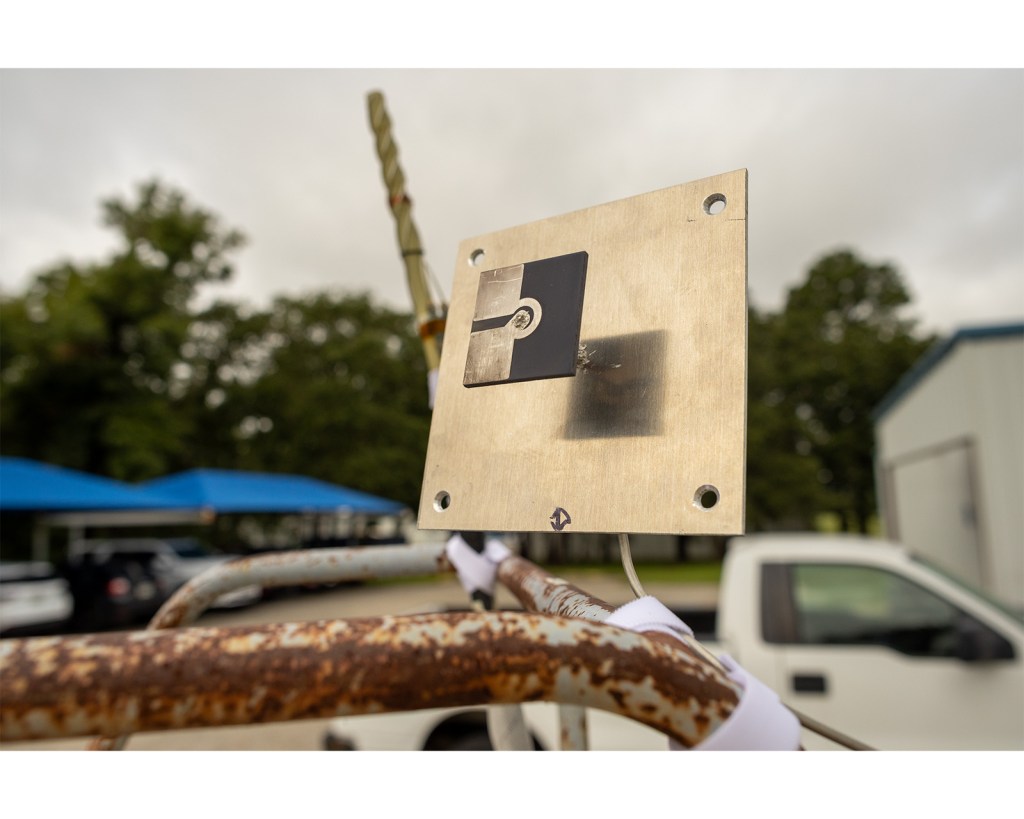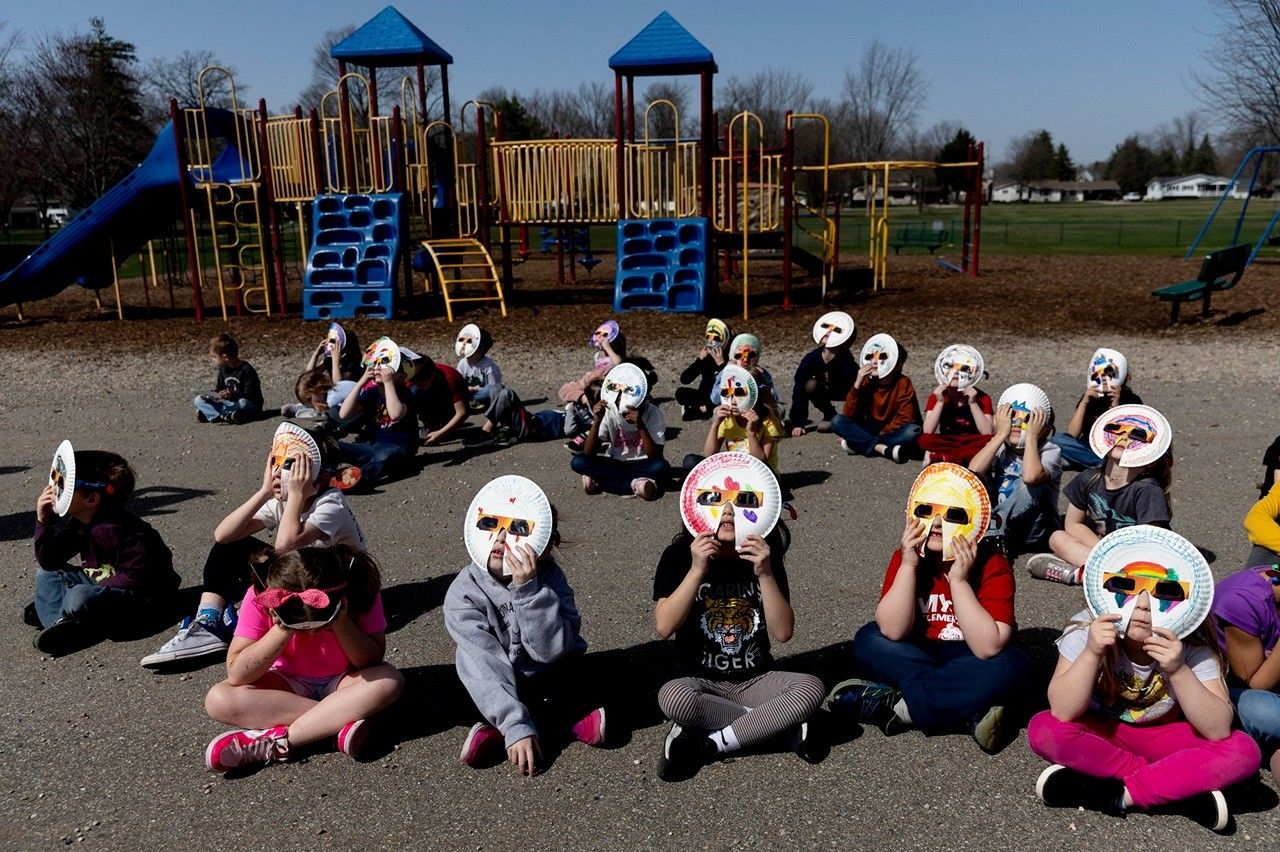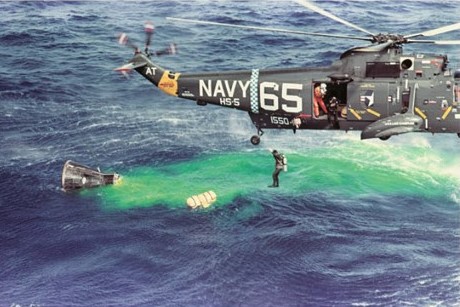NASA and the Girl Scouts of the USA have long worked together to inspire girls to pursue careers in science, technology, engineering, and math (STEM) fields. The two organizations have extended their relationship to the Moon, using Artemis content and missions to engage and inspire students across the United States.
NASA will fly several Girl Scout space science badges on Artemis I, the first uncrewed test flight of the agency’s Orion spacecraft and Space Launch System rocket to the Moon. Badges are earned by Girl Scouts when participants learn a new skill and are used to recognize their accomplishments.
Girl Scouts of the USA facilitated an essay contest asking girls to imagine their role in space exploration and will award up to 90 winners across Girl Scout grade levels the opportunity to earn a badge flown in space aboard Orion after its return from its mission thousands of miles beyond the Moon. Winners of the “To the Moon and Back” essay contest recently were selected.
“Working with industry, non-profit, and educational organizations allows NASA to tap into their networks and connections, helping us reach more young people and students in communities across the United States and around the world,” said Kris Brown, NASA’s deputy associate administrator for STEM engagement. “Our collaborative efforts provide an opportunity to connect girls directly to NASA’s lunar science and exploration efforts, so they can see and experience that there’s a place for them in STEM career paths.”
Since the space shuttle era, many Girl Scout alums have become astronauts. NASA Deputy Administrator Pam Melroy is a Girl Scout alum. The first female space shuttle commander, Eileen Collins, and the first female spacewalker, Kathryn Sullivan, both were Girl Scouts. Several of the most recent class of astronauts to be certified for assignment to missions are Girl Scout alums. In 2021, astronauts on the International Space Station installed a Girl Scout science facility on the orbital laboratory.
NASA also has been supporting discussions between Girl Scout members and agency employees working on Artemis missions to expose more girls and young people to space-related career ideas.
NASA participated in the National Girl Scout STEM Festival in April 2021. Girl Scouts across the country explored different STEM topics led by NASA personnel with a shared mission of inspiring and preparing more girls to enter the STEM workforce. More than 7,000 girls and their families attended this event where they participated in hands-on activities, live events, challenges, and age-appropriate breakout sessions—all from the comfort of their own homes.
NASA is collaborating with a wide range of organizations to reach new audiences and use NASA material to excite the next generation of explorers. The agency has a rich history of building relationships with organizationsacross the STEM ecosystem to foster innovation student experiences and leverage unique space-related content, including its missions, people, and facilities.
Artemis I will be the first integrated test of NASA’s deep space exploration systems: the Orion spacecraft, SLS rocket and supporting ground systems. As the first in a series of increasingly complex missions, Artemis I will pave the way for long-term exploration at the Moon in preparation for human missions to Mars.

